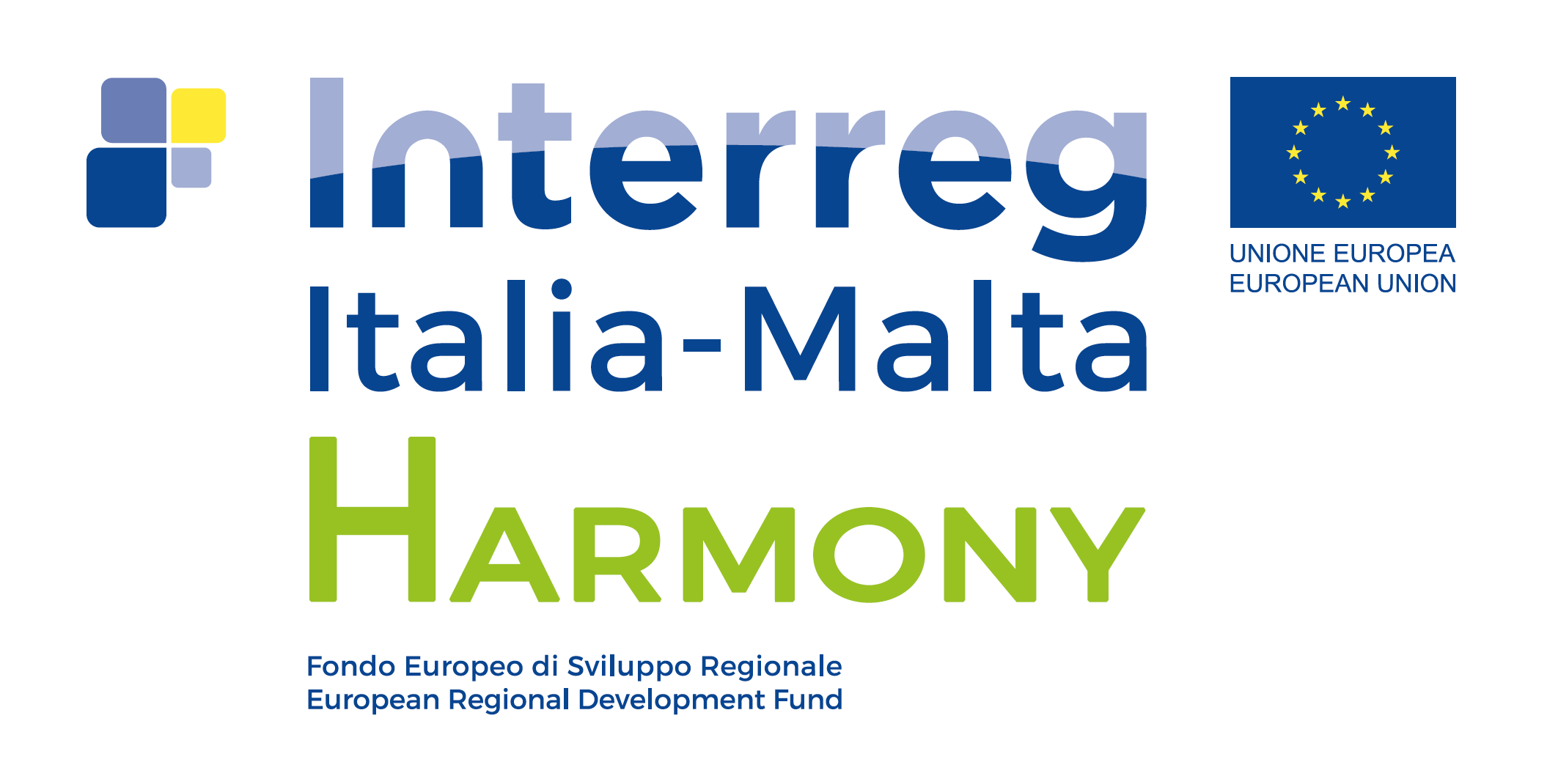Activities
The LOCAL ECOLOGICAL KNOWLEDGE
Local Ecological knowledge: Ecological studies utilising the knowledge developed by local people who interact with the natural environment
Recently, the scientific community has recognized the importance of actively involving citizens in the observation of natural phenomena visible to them. This helps researchers to broaden their ecological knowledge.
This way of doing scientific research, known as Citizen Science, Science of Citizens, is based on the voluntary collection of observations by citizens (following guidelines provided by researchers).
Within the HARMONY project, Local Ecological Knowledge is being applied through a specific research methodology based on the collection of testimonies and observations of ecological phenomena, thus enhancing o knowledge of those who live in close contact with the environment.
Local communities members are therefore being treated as real expert and are collaborating with the project’s staff, after having received adequate information on the topics under. In this way, they are contributing to the publication of new scientific results that will be officially recognised and that can be used in the future to define tools and strategies for the mitigation of the negative effects caused by alien species and for the conservation of the seabed and its ecosystems.
The Local Ecological Knowlegde in Harmony: the methodological characteristics in synthesis
Why is the LEK being used in Harmony? To collect useful data for the evaluation of alien species and the integrity of the seabed; these data will integrate and complete the information obtained from traditional monitoring.
Who is LEK providing with? Local citizens who are directly or indirectly involved in the use and/or management of marine resources. Such citizens include professional and sport fishing associations, diving centres, local tourism workers, marine protected area managers, and maritime authorities’ staff.
How does the LEK work? The researchers are interviewing local sea operators on the integrity of the seafloor and on the presence of alien species in their area(s) of interest. Information aids, such as posters and brochures, help facilitate these interviews, and subsequently information exchange, between the researchers and local citizens.
Where is LEK applied? Survey activities are being carried out in the Natura 2000 sites identified in the HARMONY project:
- In Malta:
- Il-Baħar fil-Grigal
- Bejn Rdum Majjiesa u Ras ir-Raħeb
- In Italy:
- MPA Isole Pelagie
- MPA Capo Gallo- Isola delle Femmine
- SIC Fondali di Capo San Marco
- SIC Fondali dell’Isola di Capo Passero, Monti Peloritani, Dorsale Curcuraci, Antennamare e area marina dello stretto di Messina (ITA030042)
